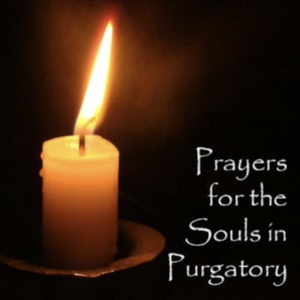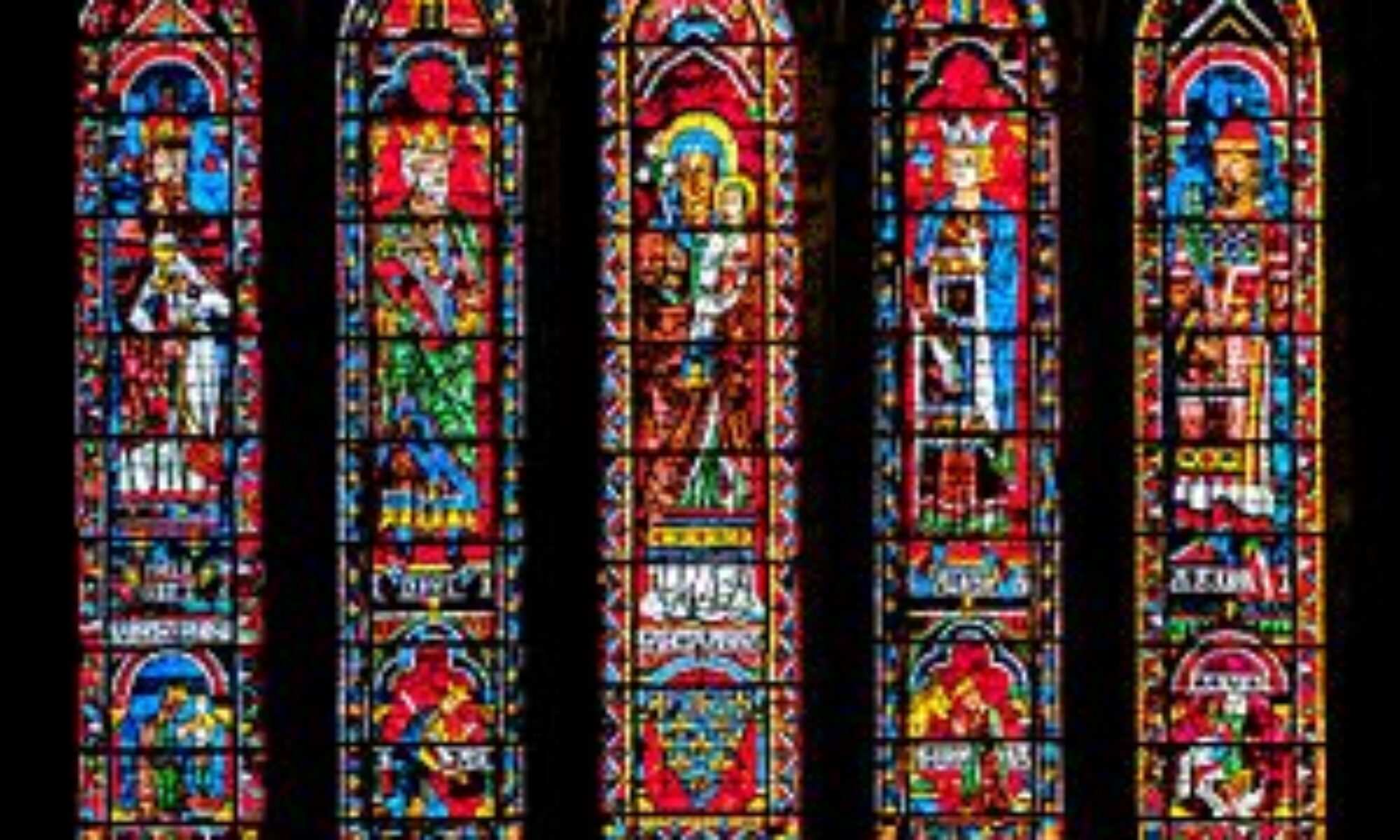The following is being re-posted with permission. It was written by Liz, founder and author of the Love Being Catholic Facebook page and blog. Follow Love Being Catholic on FACEBOOK or visit the BLOG for more posts like this one.
The Catholic Church has always taught that Purgatory does exist. It is not a second chance to be saved, but rather, a place of cleansing for the already saved before entering into heaven. Once you die you are either saved or not saved. People who die with unexpiated sins or the attachment to sin on their souls go there, and are cleansed in the purifying fire of Purgatory for a period of time. Once they are purified, they go to heaven and enjoy the Beatific Vision forever.
We can help those in Purgatory by praying for them, saying rosaries for them, offering up our sufferings here on earth for them, and most powerfully of all, having Holy Masses said for them. If you have a love one who has passed away, or know someone who has, please never assume that when they died they went straight to Heaven. There is a very good chance they are in Purgatory. Please pray for their souls every day. Please also pray for the souls who have nobody to pray for them. Your prayers for the souls in purgatory can help them.
The Prayer of St. Gertrude is one of the most famous of the prayers for the souls in purgatory. St. Gertrude was a Benedictine nun and mystic who lived in the 13th century:
“Eternal Father, I offer Thee the Most Precious Blood of Thy Divine Son, Jesus, in union with the Masses said throughout the world today, for all the Holy Souls in Purgatory, for sinners everywhere, for sinners in the universal church, those in my own home and within my family. Amen.”
There is great joy as well as pain for the souls in purgatory. Joy for they know for certain they are bound for heaven, but pain because they are not there yet, and must undergo purification. Purgatory has been described as a “cleansing fire” that burns away the sins on our souls. St. Paul wrote those of being saved “yet so as through fire” (1 Cor 3:15), and whether or not the soul endures a literal fire, its purification does involve suffering. In purgatory, the souls of many of those who have died in God’s grace undergo purification so that they may enter heaven.
Some will try to tell you that the word “Purgatory” is not mentioned in the Bible. This is true, and yet it does not disprove the existence of purgatory or the fact that belief in it has always been part of Church teaching. The words Trinity and Incarnation are not in Scripture either, yet those doctrines are obviously taught in the Bible.
Scripture clearly teaches that purgatory exists. Prayers for the dead and the doctrine of purgatory have been part of the Catholic Church, founded by Jesus Christ, for over 2000 years.
The most famous scriptural reference concerning these prayers comes from the Old Testament where it is called “a holy and wholesome thought to pray for the dead, that they may be loosed from sins” (2 Macabees 12:46). If everyone who dies goes immediately to Heaven or to Hell, then this verse would be nonsense. Those who are in Heaven have no need of prayer, “that they may be loosed from sins”; those who are in Hell are unable to benefit from such prayers, because there is no escape from Hell, since damnation is eternal. Thus, there must be a third place or state, in which some of the dead are currently in the process of being “loosed from sins.”
In the First Book of Samuel 31:13, the survivors fasted for the dead, which makes no sense if the deceased were not in a place where that penance (fasting) could do some good for them. In Matthew 12:31, Jesus told the parable about blaspheming the Holy Spirit (not believing that the Holy Spirit can save you, no matter what – the sin of despair), and said that anyone who does blaspheme the Holy Spirit “will not be forgiven in this age or the age to come” (Matthew 12:32). Since sins aren’t forgiven in Hell, and those in Heaven are already forgiven for their sins, then this one statement indicates another place after death where sins can indeed be forgiven.

Many of the Fathers of the Church, such as St. Augustine and St. John Chrysostom, considered prayers for souls in purgatory to be essential.
Once you die you are either saved or not saved. If you have suffered greatly in this life, or during your death, that pain and suffering alleviates your purgatory time, if it was done for Christ, and not wasted in anger at God. All purgatory does is to detach you from your love of sin, and to pay your debt to God for all of the sins that you have committed while alive on earth. This is directly analogous to someone who robs a bank and then asks for forgiveness. While the bank president will probably forgive him, the thief still has to give back the money and pay his debt to society through prison time. Remember – nothing unclean or defiled shall enter Heaven (Revelation 21:27).
Praying for the dead is a Christian obligation, so please always remember to pray for the holy souls in purgatory every day. What a beautiful gift for these very special souls!


